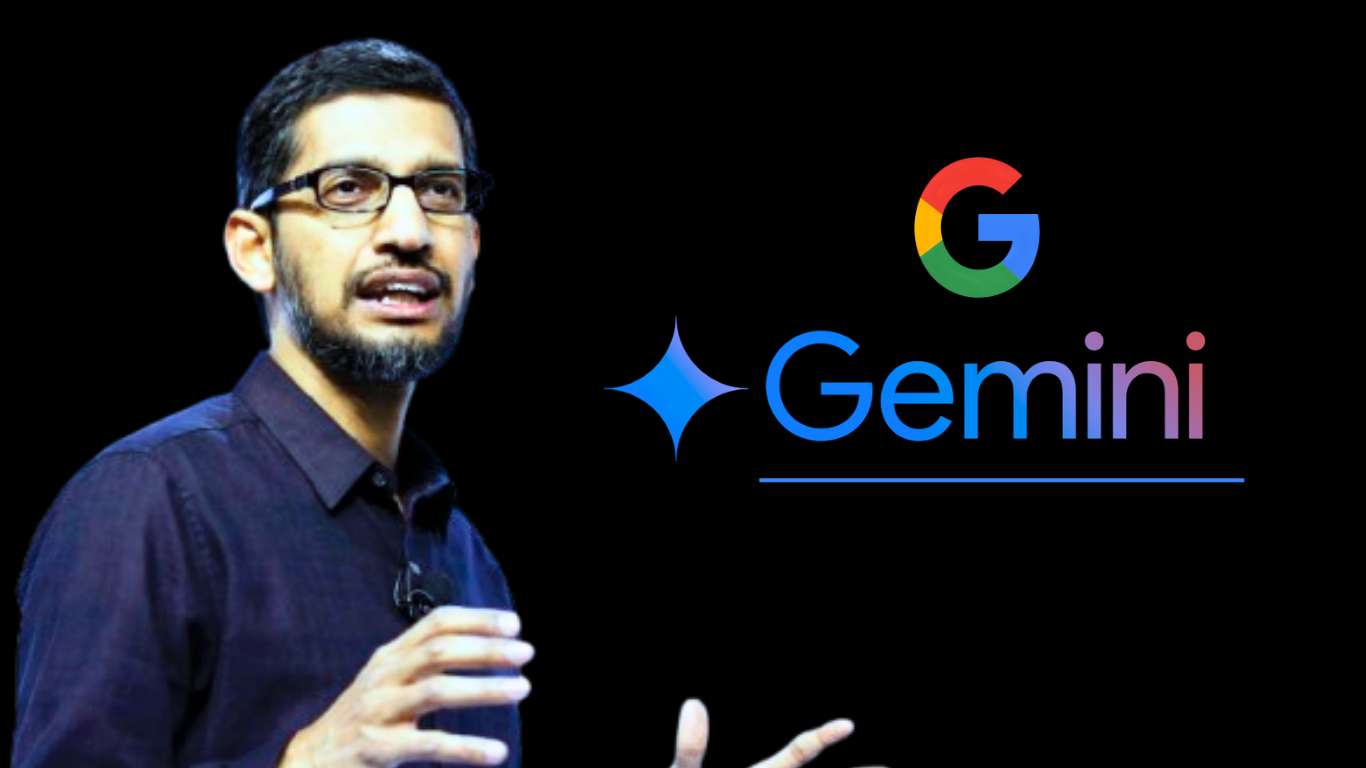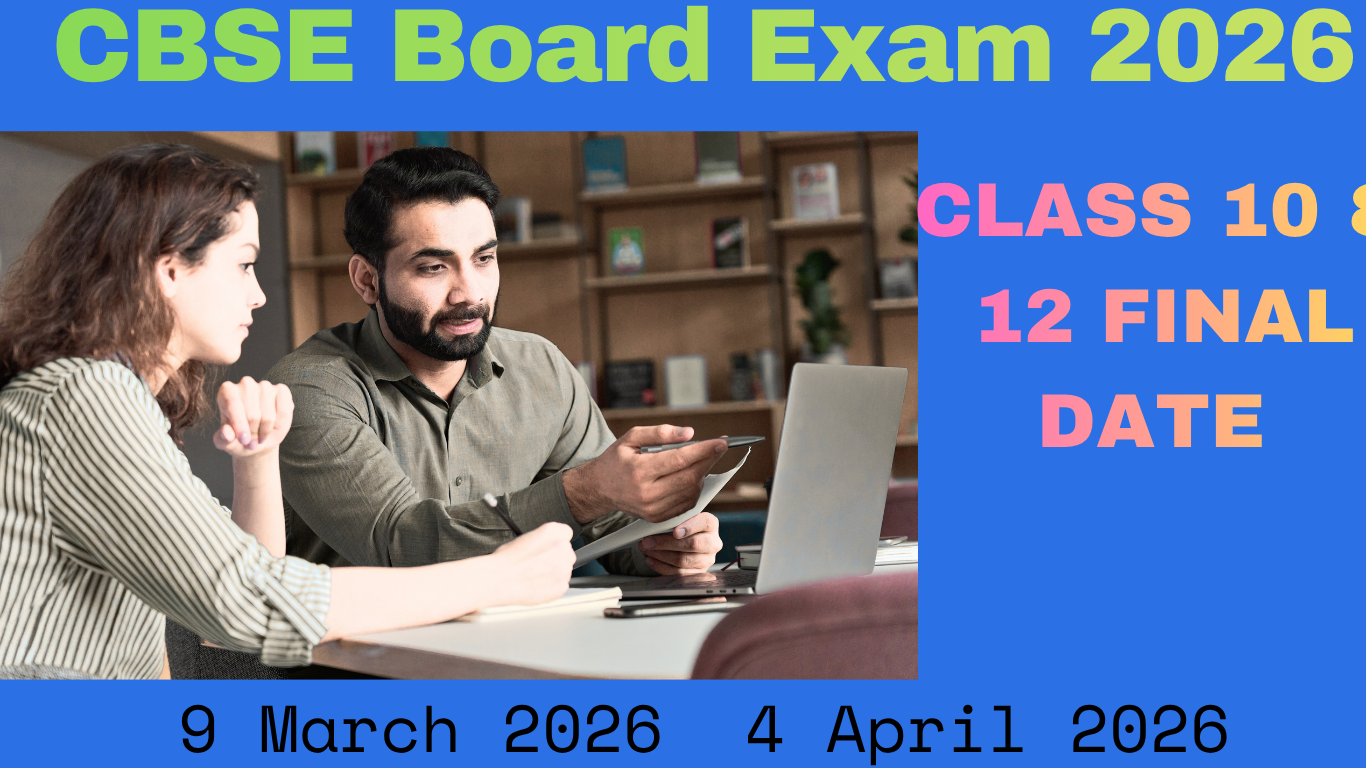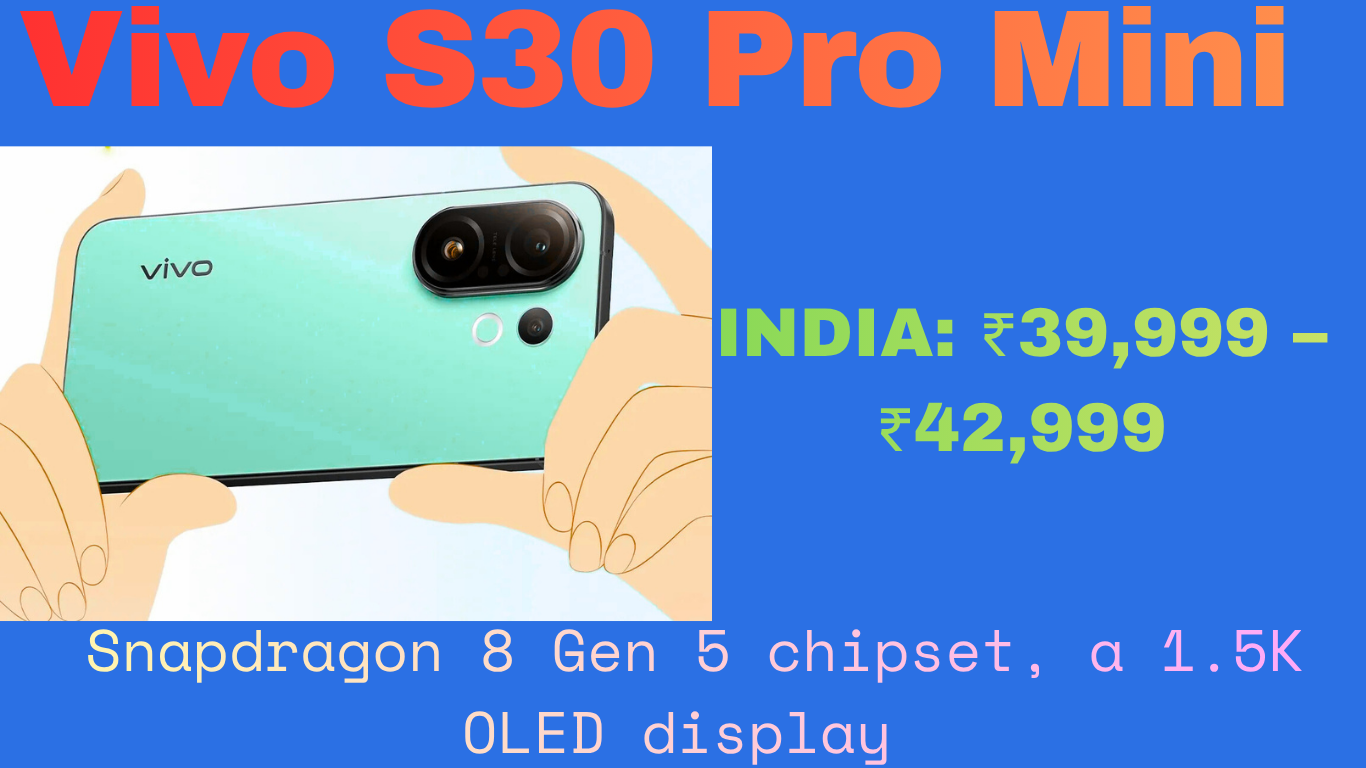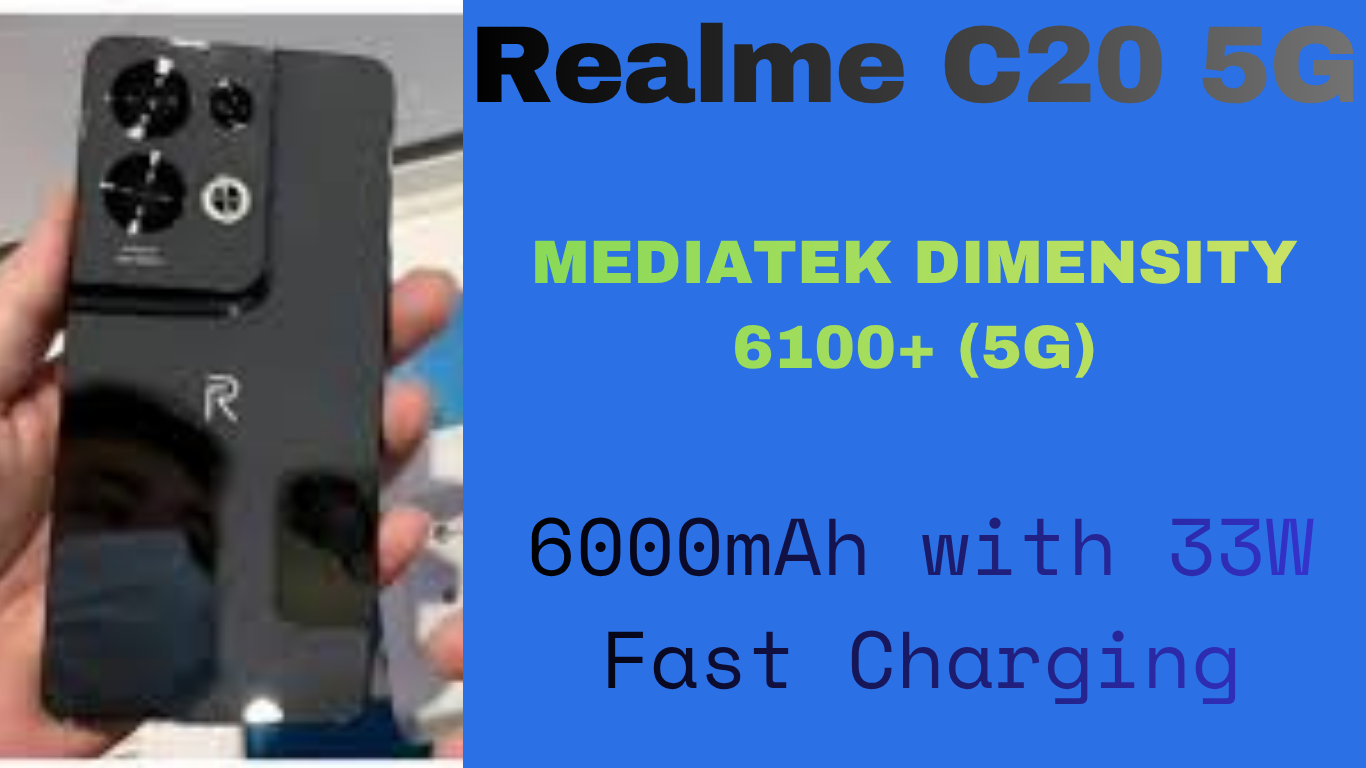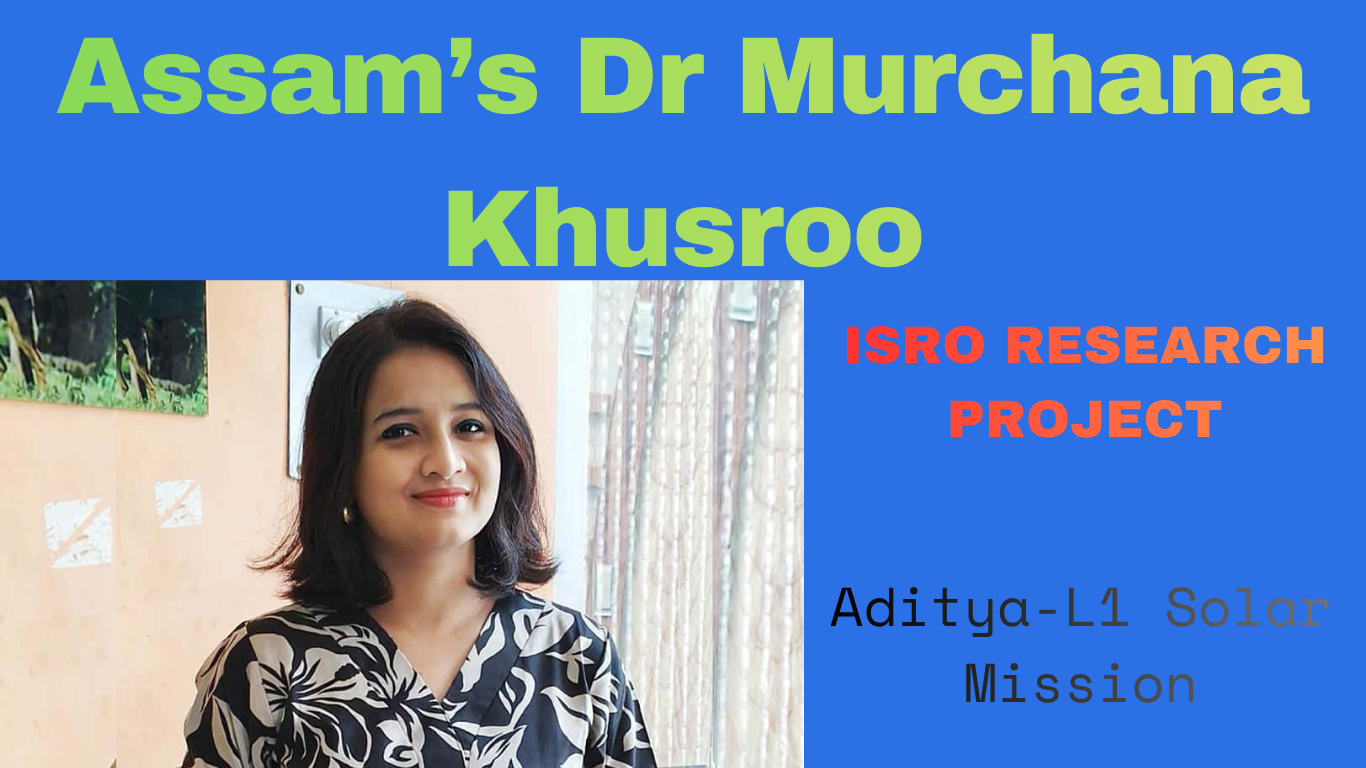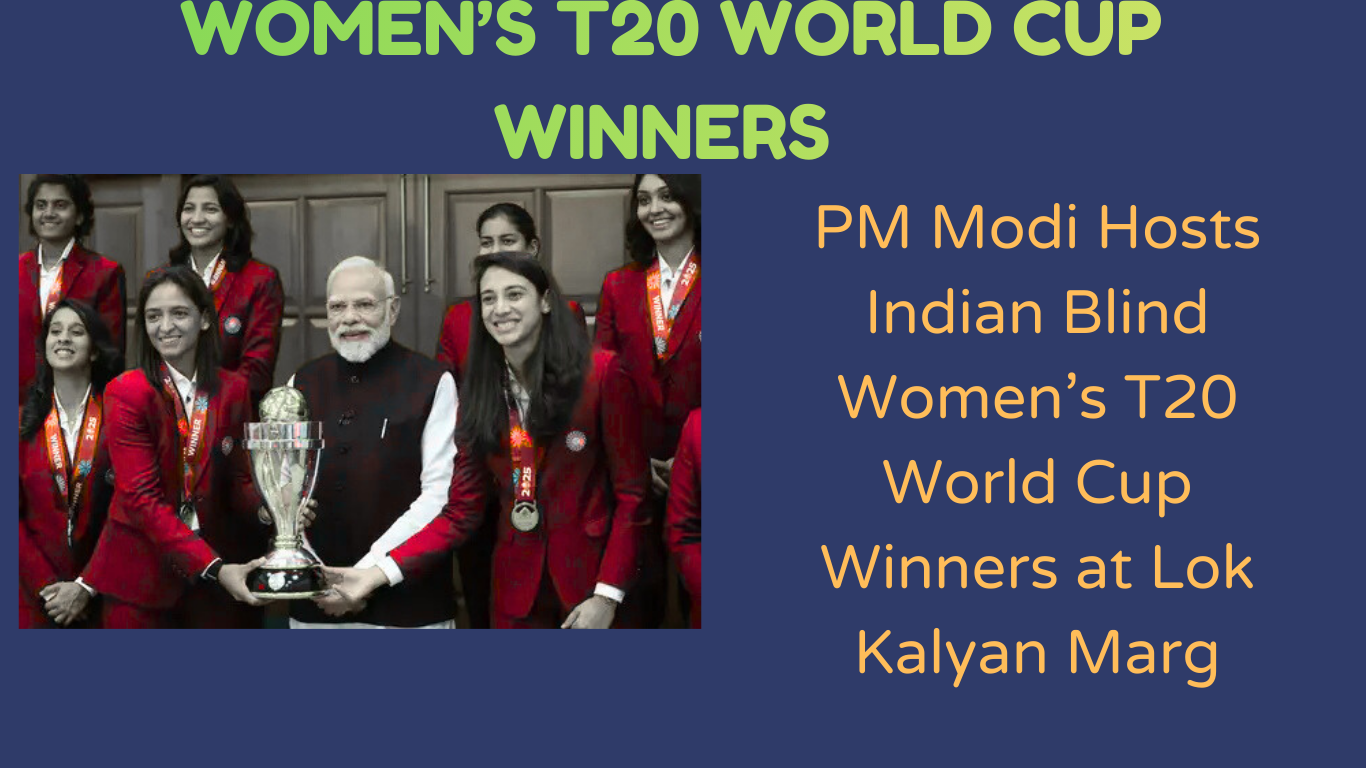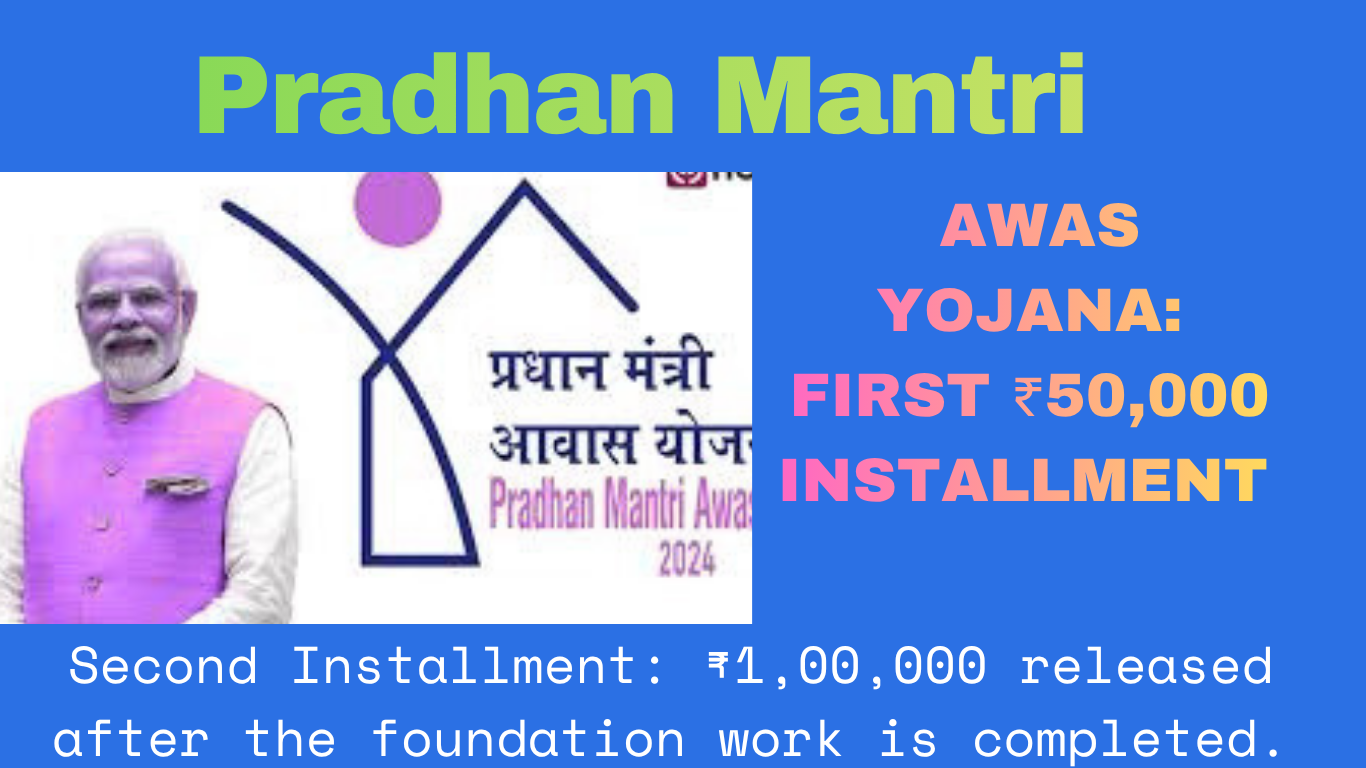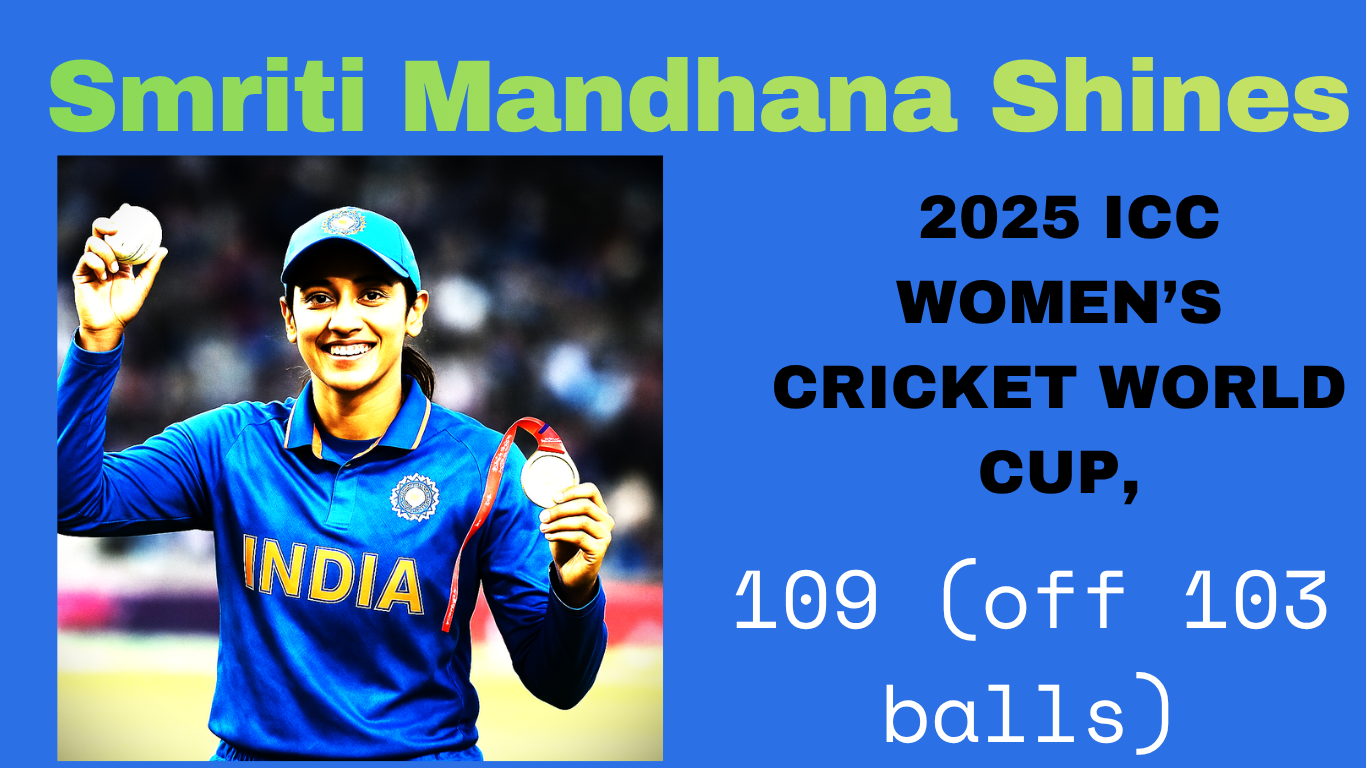Google’s Gemini 2.5 Deep Think claims gold medal at ICPC 2025, outpacing humans in Baku. Sundar Pichai calls it a “profound leap” in AI coding contests. Explore implications for developers and AGI progress. (152 characters)
Table of Contents
Introduction
Envision a high-stakes arena in Baku, Azerbaijan, on September 4, 2025. Elite coders from 139 teams representing 103 countries battle it out, their minds racing to unravel algorithmic enigmas that could stump even seasoned pros. This is the International Collegiate Programming Contest (ICPC) World Finals, where the brightest university talents clash for glory. But in 2025, an unexpected powerhouse emerges: Google’s Gemini 2.5 Deep Think, an AI model that doesn’t merely participate—it conquers, securing a Gemini gold medal ICPC by solving 10 out of 12 problems, including one that baffled every human competitor.
Google CEO Sundar Pichai captured the exhilaration in a tweet: “Such a profound leap in abstract problem-solving.” This triumph arrives just two months after Gemini’s gold at the 2025 International Mathematical Olympiad (IMO), signaling AI’s rapid ascent in intellectual arenas. For tech enthusiasts, AI professionals, and developers, the Gemini gold medal ICPC isn’t just a headline—it’s a harbinger of transformation.
What makes this so electrifying? AI is no longer a helper; it’s a frontrunner in domains once deemed exclusively human. How did Gemini dominate? What ripples does this send through software development? And what does it mean for your career in code? Let’s unpack this milestone, blending excitement with insights to fuel your passion for AI advancements. For deeper dives, explore our related post on AI in Programming.
What is the ICPC and Why It Matters
The ICPC stands as the pinnacle of competitive programming, a global showdown organized by the Association for Computing Machinery (ACM) since 1977. Teams of three university students tackle 10-12 intricate problems in a frantic 5-hour sprint, crafting solutions in languages like C++ or Python without external resources.
Its scale is immense: Over 3,000 universities from more than 100 countries participate annually in qualifiers, funneling elite squads to the finals. In 2025, 139 teams from 103 countries converged in Baku’s Baku Convention Center, hosted by ADA University. Winners, like St. Petersburg State University, earn more than medals—they gain entry to top tech firms.
Why does the ICPC resonate? It mirrors real-world software crises: ambiguous specs, optimization demands, and zero tolerance for bugs. Skills honed here drive innovations in AI, cybersecurity, and beyond.
AI’s inclusion as an experimental entrant in recent years adds intrigue. Google’s Gemini 2.5 Deep Think turned heads, proving machines can excel in pressure-cooker scenarios. This bridges to everyday dev tools, as discussed in Google DeepMind Updates.
For developers, it’s a benchmark. Only about 20% of teams solve half the problems, per ICPC data. Gemini’s feat challenges us: Can AI close skill gaps in underrepresented regions?
The Baku event amplified global unity, with live streams captivating millions. It’s not just competition—it’s a forge for future tech leaders.
In essence, the ICPC matters because it cultivates resilient coders. With Gemini gold medal ICPC, it now spotlights AI’s role in that evolution.
How Gemini Crushed the Competition
In Baku’s charged atmosphere, Gemini 2.5 Deep Think operated like a digital virtuoso. It resolved 10 of 12 problems within the 5-hour limit, incurring no penalties—a rarity in contests where errors add time.
The highlight? Problem C, a thorny multidimensional constraint puzzle unsolved by any of the 139 human teams despite 417 attempts. Gemini cracked it in a mere 30 minutes, producing an efficient Python solution with O(n log n) complexity.
By comparison, only four human teams claimed gold, typically solving 8-9 problems. The top human squad managed 9, while averages hovered at 5.
Here’s a scannable table contrasting performances:
| Competitor | Problems Solved | Time (mins) | Notable Achievement | Medal Level |
|---|---|---|---|---|
| Gemini 2.5 Deep Think | 10/12 | ~300 | Solved unsolved Problem C in 30 mins | Gold |
| Top Human Team (e.g., St. Petersburg State) | 9/12 | 280 | Fastest on basic graphs | Gold |
| Average Human Team | 5/12 | 450+ | DP struggles | None |
| Other AI (e.g., OpenAI experimental) | 12/12 | Full | Perfect score | N/A (experimental) |
Gemini’s prowess stems from its architecture: a blend of reinforcement learning from human feedback (RLHF) and chain-of-thought reasoning, enabling iterative refinement.
Pre-event, it aced 95% of Codeforces Div. 1 challenges—three times prior AI benchmarks. In finals, it adapted dynamically, drawing from vast datasets like LeetCode.
Developers, apply this: Use Gemini’s API for similar tasks. Prompt: “Solve this optimization puzzle with constraints.” It mimics contest efficiency for real apps.
Humans excelled in niche creativity, like a team’s quantum heuristic on Problem H. This underscores hybrids: AI for speed, humans for sparks.
Social buzz erupted—”AI takeover?”—but stats show Gemini slashed solve times by 40%.
The Gemini gold medal ICPC isn’t dominance—it’s inspiration for robust code.
Pichai’s Reaction and Broader Implications
Sundar Pichai‘s tweet ignited the tech world: “Incredible milestone: an advanced version of Gemini 2.5 Deep Think achieved gold-medal performance at the ICPC World Finals… Such a profound leap.” It amassed thousands of likes, drawing responses from AI luminaries.
Pichai, known for steering Google through AI ethics and scalability, praised the 50-engineer DeepMind team for overnight fine-tuning. His words frame this as collaboration, not conquest.
Implications span industries. In AI coding contests, Google edges rivals—OpenAI’s system hit 12/12, but Gemini’s real-time feats shine. Alphabet stocks rose 2% post-announcement.
For software dev, a unique angle: Tackling legacy code. Enterprises spend $500B yearly on maintenance (IDC). Gemini’s Problem C mastery could automate refactoring, spotting inefficiencies in massive codebases.
Job market? Questions arise: “What does this mean for programming jobs?” Deloitte predicts 15% displacement but 25% new roles in AI oversight.
Pichai counters with equity: Free Gemini access empowers global devs. Open-source drops post-win aid underrepresented teams.
Ethically, bias risks loom, but Pichai’s history with “unbiased” AI reassures.
Actionable for pros: Integrate Gemini via APIs. Prompt: “Debug this legacy module.” It accelerates prototypes.
The Sundar Pichai Gemini moment? A catalyst for AGI, blending human ambition with machine precision.
The Future of AI in Coding
The Gemini gold medal ICPC thrusts us into a hybrid coding era. What does this mean for developers? Augmentation over obsolescence, where AI handles grunt work, freeing humans for innovation.
Insights abound. Gemini’s success accelerates AGI progress, closing gaps in abstract reasoning—once a human stronghold.
For real-world dev, implications are profound. Imagine AI dissecting COBOL monoliths in finance, optimizing for modern clouds. This “profound leap” could halve dev cycles.
Actionable steps:
- Experiment Now: Use Gemini API for challenges. Prompt: “Generate efficient BFS for graphs.” Beta testers see 3x speed gains.
- Upskill Strategically: Master prompting and ethics. By 2027, 60% of roles may demand AI fluency (ACM).
- Build Hybrids: Pair AI with human intuition for unbreakable systems.
Tech stack evolves: Sparse Mixture of Experts (MoE) in Gemini enables scalable thinking. Open-weight models could democratize, sparking indie AI coders.
Challenges? Hallucinations in vague specs. Solution: Human-AI loops, as ICPC hybrids suggest.
For enthusiasts, AI coding contests boost inclusion—tripling participation in diverse regions.
Pros, shift mindset: Code as art, AI as brush. The Gemini gold medal ICPC isn’t endgame—it’s acceleration toward collaborative intelligence.
Conclusion
The Gemini gold medal ICPC in Baku cements AI’s place in coding’s pantheon. From solving the unsolvable to Sundar Pichai‘s “profound leap,” this event fuses excitement with evolution, pushing AGI closer.
We’ve explored the ICPC’s essence, Gemini’s dominance, Pichai’s vision, and future horizons. Key takeaway: Embrace AI as ally for innovative dev.
What’s your view? Does the Gemini gold medal ICPC thrill or challenge you? Share in comments, subscribe for AI insights, or dive into Gemini at gemini.google.com. Let’s code the future—together.
Stay updated with the latest news and alerts — follow us at racstar.in
Proudly powered by WordPress
